Nadi astrology is a distinctive and divine stream of Jyotish Shastra that departs from traditional methods in form and application. Where Parashari astrology relies on Dashas, aspects, Yogas, and divisional charts, Nadi astrology, especially the Bhrigu Nandi Nadi (BNN) system, simplifies predictions through intuitive understanding of planetary placement, their “conversations,” and karmic roles. In this article, we will explore the fundamental principles that form the heart of Nadi astrology and distinguish it from other systems.
What Is Nadi?
The word Nadi means “flow”—referring here to the karmic flow of life, events, emotions, and consequences. Nadi astrology is built upon the principle that each planetary position encodes not only the potential but also the karmic timeline of an individual. When decoded correctly, a static birth chart can narrate every major event of the native’s life without needing a Dasha or even divisional charts.
The philosophy is grounded in the idea that karma is precise and is delivered through the movement and positions of planets in one’s horoscope.
Core Fundamentals of Nadi Astrology
Let us now outline the essential pillars that form the base of Nadi astrology:
1. Static Lagna Approach (No Dynamic Ascendant Needed)
Unlike systems that change the Lagna for divisional charts or use different Vargas for various predictions, Nadi astrology keeps the Lagna fixed. All predictions are made using the Rashi chart (D-1) alone. This means the birth chart itself becomes a fully functional karmic script when read properly.
2. Conjunction is King (Planetary Conversations)
Nadi astrology treats planets as “living entities” who influence one another by proximity. When two or more planets sit in the same Rashi (sign), it is interpreted as those planets having a karmic conversation. Even if they are several degrees apart, their being in the same sign causes them to act in unison.
Key rules here include:
-
The planet which is earlier in degrees initiates the conversation (it influences the latter).
-
If three planets are together, the flow becomes Planet 1 → Planet 2 → Planet 3.
-
A planet adopts the karmic flavor of the planet it is conjoined with.
For example:
1. If Venus (love) is with Saturn (delay, karma), love and marriage are delayed or carry karmic pain.
2. If Mercury (speech) is with Rahu (illusion), the person may speak cleverly, manipulatively, or be prone to lying.
3. Planetary Triplets (Trine) Rule Events
Perhaps the most unique and powerful tool in BNN is the “planetary triplet” technique. Every life event (marriage, job, children, disease) is believed to be caused by the interaction of three planets—either by conjunction, sign relationship, or transiting influence.
For example:
-
Marriage may be influenced by:
-
Venus (karaka)
-
7th lord (house ruler)
-
Jupiter (natural significator of blessings or legal bonds)
-
If these three are interconnected, or forming a pattern in signs like 2nd, 7th, or 11th, then marriage may take place.
Each planet adds a layer:
-
One acts as the cause.
-
One gives the environment.
-
One provides the timing or delivery.
This concept is crucial and is used throughout predictive techniques in BNN.
4. No Aspects, No Yogas
In Nadi astrology, aspects as defined in Parashari (like Jupiter’s 5th, 7th, and 9th drishti) are not used. Instead, focus is placed on:
-
Conjunctions
-
Sign positions
-
House rulerships
Yogas like Gajakesari Yoga, Rajyoga, Vipareeta Rajyoga, etc., are not directly considered. Their effects are indirectly understood through combinations, such as:
-
Jupiter with Moon = Mind expansion or emotional guidance
-
Saturn with Venus = Karmic love and responsibility in relationships
Thus, Nadi astrology avoids rigid Yogas and instead reads planets as dynamic agents of karma.
5. Retrograde Planets Carry Karmic Echoes
A major emphasis in Nadi astrology is the interpretation of retrograde planets. They are seen as karmically overloaded and bring past-life influences more strongly than direct planets.
Retrograde planets:
-
Cause repetitions of karma
-
Delay or reverse results
-
Force deeper introspection in the areas they rule
For example:
-
Retrograde Mars in 10th house = Repetition of career-related karmas; struggle with authority or action
-
Retrograde Jupiter = Re-evaluation of wisdom, teachers, or ethics
These interpretations are richer and deeper in BNN because the focus is not just on results but the why behind the results.
6. House Lords Act Through Their Placement
This principle is vital in BNN. A planet rules certain houses, but it delivers their effects wherever it is placed. For example:
-
7th lord in 5th = Marriage linked to love or children
-
10th lord in 12th = Career connected to foreign lands, losses, or moksha work
Rather than just looking at what a planet “means” in general, BNN focuses on house rulership + placement + conjunction to decode results.
Practical Benefits of Learning These Fundamentals
When a student or practitioner absorbs these principles, the entire approach to astrology changes. One begins to look at charts holistically:
-
Not as sets of rules to match,
-
But as karmic conversations waiting to be interpreted.
Nadi astrology builds the skill of reading flow, not rigidity. It encourages intuition grounded in structure. The astrologer becomes a karmic analyst—interpreting patterns rather than memorizing Yogas.
Spiritual Significance
Lastly, it must be remembered that Nadi astrology was never meant to be used merely for fortune-telling. The Rishis designed it as a tool for:
-
Self-awareness
-
Realization of karmic baggage
-
Guidance towards dharma (righteous living)
Each chart is a story. Each planetary placement is a clue. And the astrologer, trained in Nadi fundamentals, becomes the interpreter of divine will.
Understanding the Flow of Karma
In Bhrigu Nandi Nadi (BNN), one of the most powerful and mystical concepts is the idea that planets “talk” to each other. These are not literal dialogues, but symbolic, energetic conversations based on their placement in signs, their ownership of houses, and the karmic baggage they carry. Just as humans form relationships and influence each other’s actions through proximity and interaction, planets too influence each other by their alignment in a birth chart.
Now, the article will be entirely dedicated to understanding how planetary conversations in Nadi astrology reveal the flow of karma and the narrative of the soul’s journey. These conversations act as a spiritual GPS—showing what events will unfold, when they will happen, and what karma lies beneath them.
What Is a Planetary Conversation in Nadi Astrology?
In traditional astrology, we often study aspects, conjunctions, Yogas, and dashas. But in Nadi astrology—especially BNN—we look beyond structured formulas. We observe how planets influence each other simply by being in the same sign or forming key positional alignments (like trines or oppositions).
A planetary conversation occurs when:
-
Two or more planets are placed in the same sign
-
They are in trinal (1-5-9) or opposition (7th) relationship
-
One planet is influencing another through sign ownership and placement
These “conversations” create a karmic ripple, influencing the timing, nature, and consequences of life events. They reveal the cause behind results—not just the result itself.
Key Elements of a Planetary Conversation
Let’s break down the core components that shape how these conversations work:
1. Who is Speaking First? – Degree Order Matters
In Nadi astrology, the planet with the lower degree in a conjunction is considered the influencer—the one initiating the conversation. The planet with the higher degree is the receiver.
Example:
If Mercury is at 3° Taurus and Venus is at 19° Taurus, Mercury influences Venus. This means communication (Mercury) drives love or relationship outcomes (Venus). This could suggest a person who falls in love through intellectual exchange, or even faces complications in love due to miscommunication.
2. Nature of the Planets Involved
The inherent nature of planets deeply affects how their conversation plays out.
| Planet | Symbolizes |
|---|---|
| Sun | Soul, authority, father, ego |
| Moon | Mind, emotions, mother, subconscious |
| Mars | Action, aggression, brothers, energy |
| Mercury | Intellect, communication, youth, trade |
| Jupiter | Wisdom, expansion, teacher, children |
| Venus | Love, marriage, luxury, arts |
| Saturn | Discipline, delay, karma, older people |
| Rahu | Obsession, illusion, foreign, sudden events |
| Ketu | Detachment, moksha (But I always say – Ketu is only a door of Moksha), spirituality, loss |
So, when Venus and Saturn are together, love gets delayed or becomes karmic. When Mars and Mercury are together, communication may be aggressive or action-oriented. The deeper the planets’ psychological archetypes are understood, the more accurate the prediction becomes.
3. House Ownership Matters
Every planet owns one or two houses (except Sun and Moon). Their influence is not just personal, but also representative of the houses they own. When they converse, they bring their houses into the story.
Example:
Suppose:
-
Mars owns the 3rd and 8th house.
-
Venus owns the 2nd and 7th house.
-
They are together in the 10th house.
This indicates:
-
Communication, courage (3rd) and sudden changes or secrets (8th)
-
Marriage, speech (2nd), partnerships (7th)
…all influencing career or karma (10th house).
This combination can indicate:
-
A career linked with spouse or public relationships.
-
A person facing sudden career breaks due to marital disharmony or communication issues.
4. Psychological vs. Event-Based Interpretation
BNN encourages a double-layered reading:
-
Psychological Karma: What is the nature or mental pattern created by this planetary conversation?
-
Event Karma: What real-life situation is likely to manifest from this conversation?
Let’s take an example:
Mercury + Ketu in 5th house
-
Psychological: Confused thoughts, lack of clarity in expression, hyper-analysis, or mental restlessness about children or love.
-
Event: Difficulties in childbearing, detached love affairs, or even loss of interest in education.
Special Types of Planetary Conversations
A. Karmic Conversations (Saturn Involved)
Whenever Saturn is in the mix, the conversation takes on a karmic flavor. It often signifies:
-
Repetitive experiences from past life
-
Delays and lessons
-
Hard-earned rewards
Example:
Saturn + Venus = Relationship issues until lessons of patience, maturity, or detachment are learned.
B. Shadow Conversations (Rahu or Ketu Involved)
Planets with Rahu/Ketu bring exaggeration or detachment. They distort or deepen the karma.
-
Rahu + Jupiter = Guru Chandal Yoga = Wisdom twisted for personal gain
-
Ketu + Sun = Ego gets detached, leading to spiritual growth or loss of direction
C. Three-Planet Conversations (Triplets)
These are the most potent karmic signatures. Each planet plays a role:
-
Root Planet: Initiates the karma
-
Carrier Planet: Carries or expresses the karma
-
Fruit Planet: Delivers the result
Example:
Moon – Mercury – Venus in 4th house
-
Moon (mind) thinks emotionally, Mercury (speech) processes fast, Venus (love) wants beauty
→ Emotional decisions in love made impulsively, leading to stress at home.
How to Read a Conversation Step-by-Step
Let’s apply a 5-step method:
-
Identify Conjunctions or Trinal/7th House Relationships
-
Check Degrees to Determine Influence Direction
-
Note Planetary Nature and Karakatwas (what they signify)
-
Add House Ownerships
-
Create a Psychological and Event-Based Interpretation
Example
Chart Detail (Hypothetical):
-
Ascendant: Cancer
-
10th house (Aries): Sun (10°), Venus (14°), Rahu (16°)
Analysis:
-
Venus is receiving energy from Sun (ego, authority) and Rahu (obsession, illusion)
-
Venus rules 4th and 11th houses → home and income
-
Sun rules 2nd house (speech, wealth)
-
Rahu is amplifying desire
Planetary conversations are the essence of karmic storytelling in BNN. When we learn to listen to what planets are “saying” to each other, we begin to read the real script of a person’s destiny—not just through technical rules, but through energetic relationships.
These conversations unfold across lifetimes. They speak of unfinished business, unlearned lessons, and soul contracts. The Nadi astrologer becomes the interpreter, the karmic decoder, and sometimes even the guide to realignment.

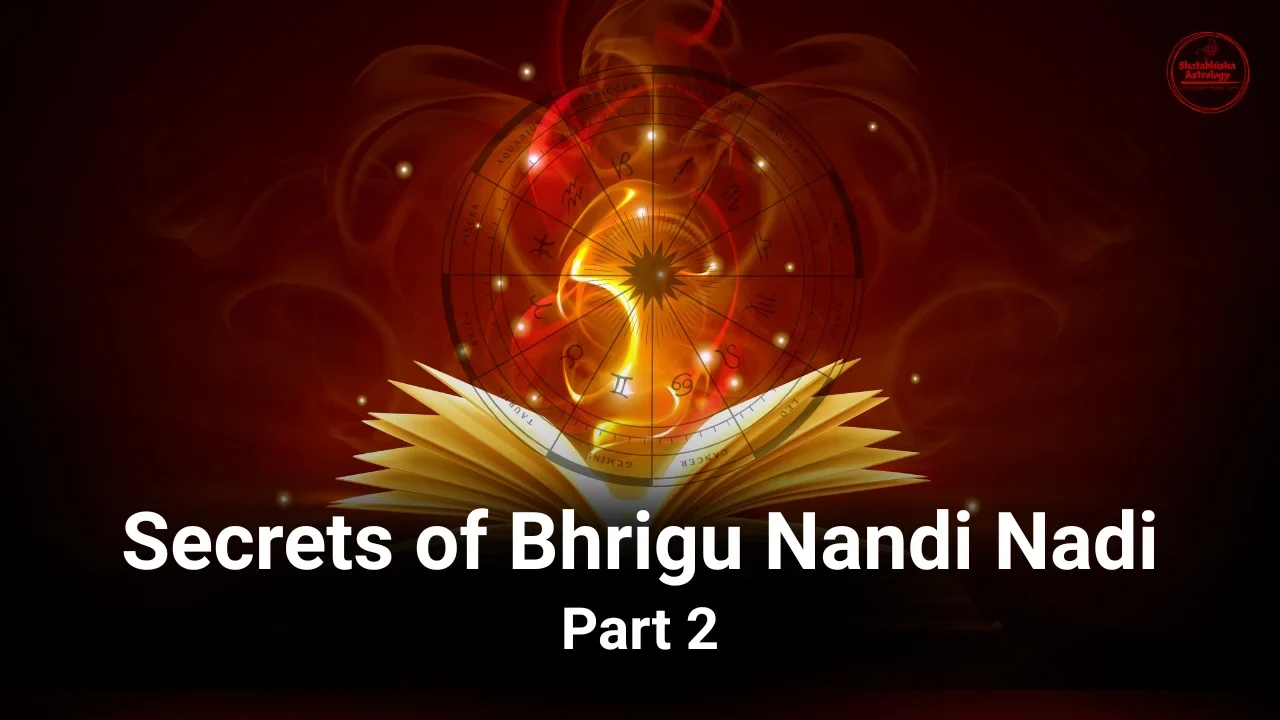
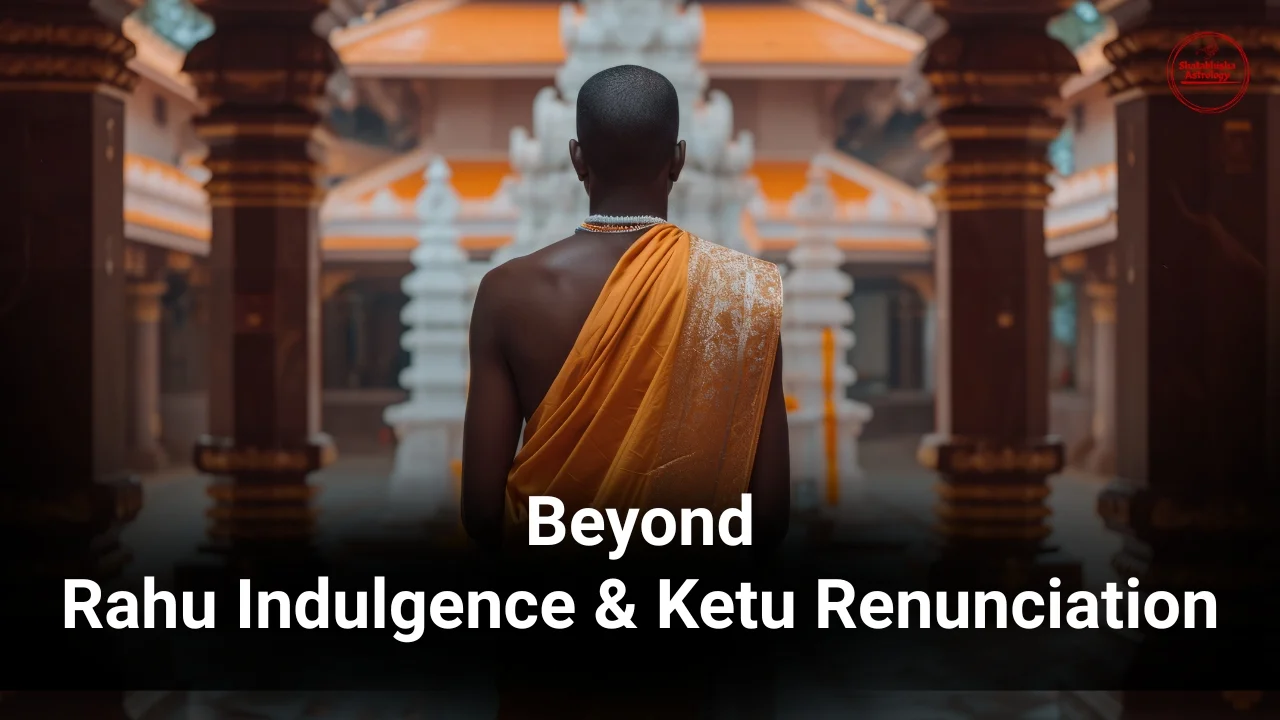
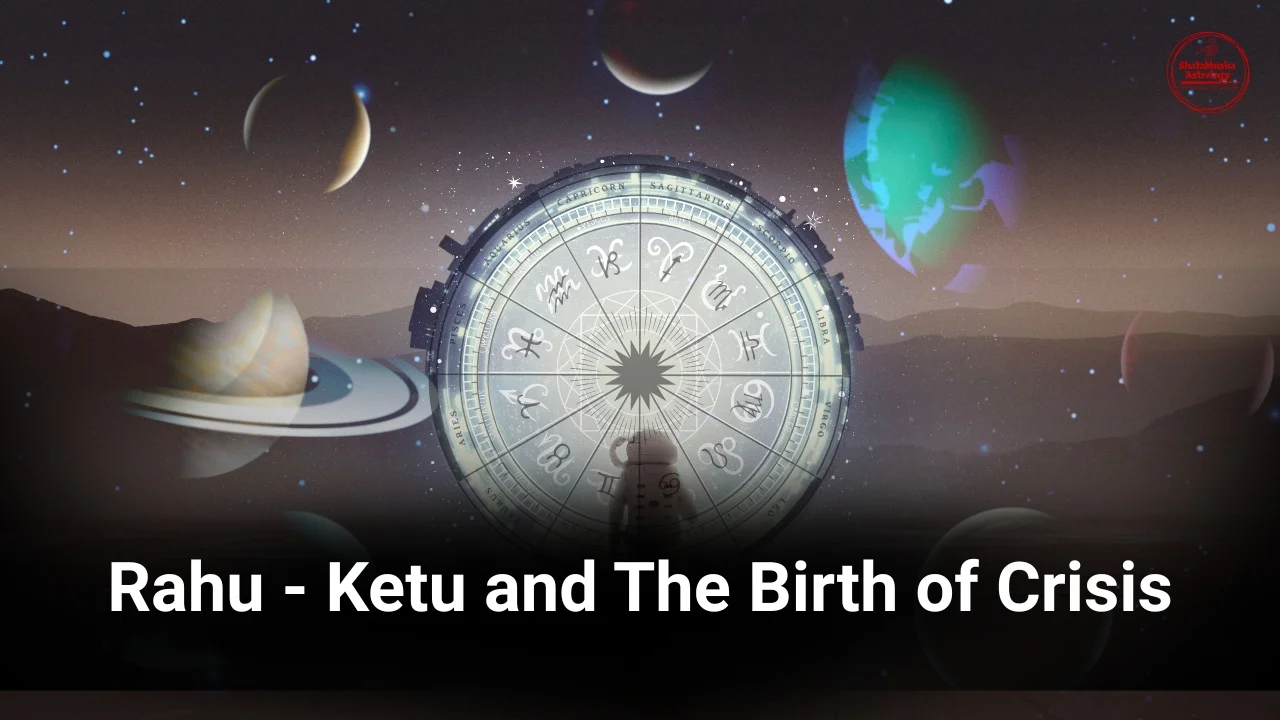
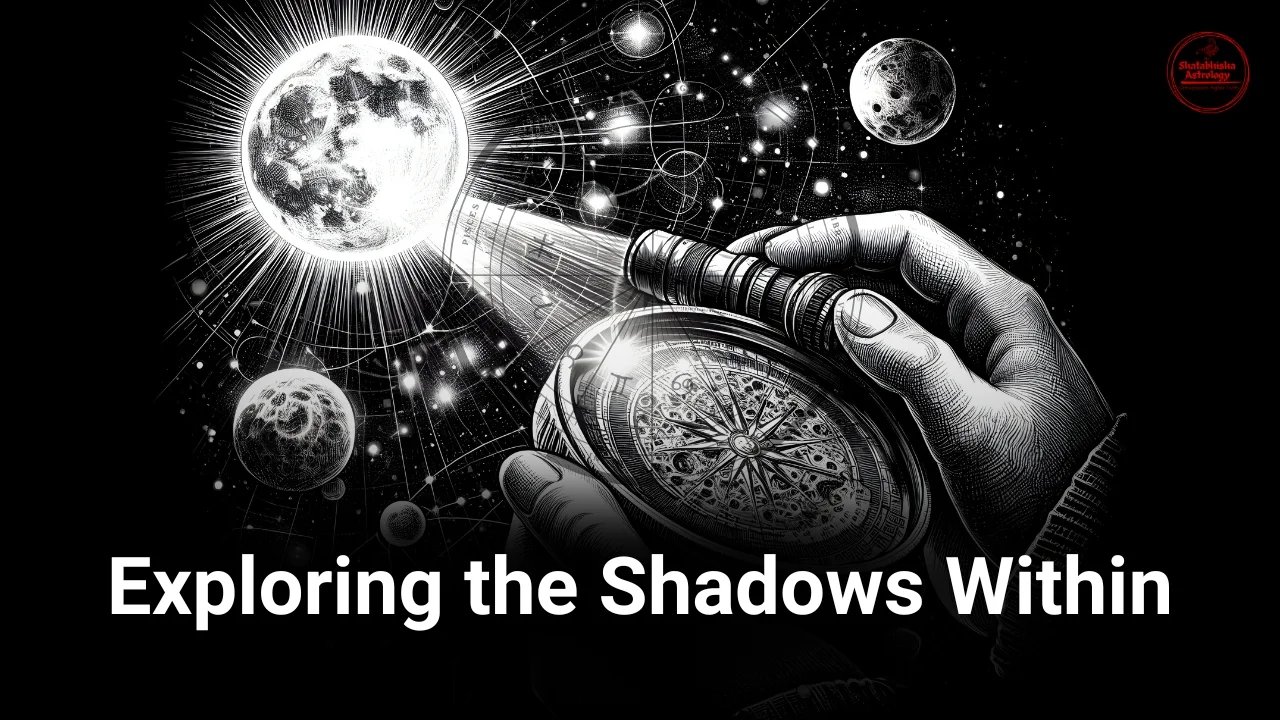
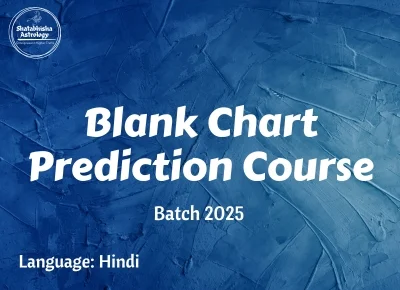


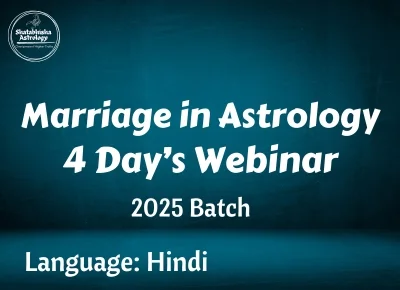
1 thought on “Fundamental Principles of Nadi Astrology”
This was an in-depth roadmap, making all of Brighu Nand Nadi’s fundamental guidelines clear. This article was well-written and provided a great deal of clarity.